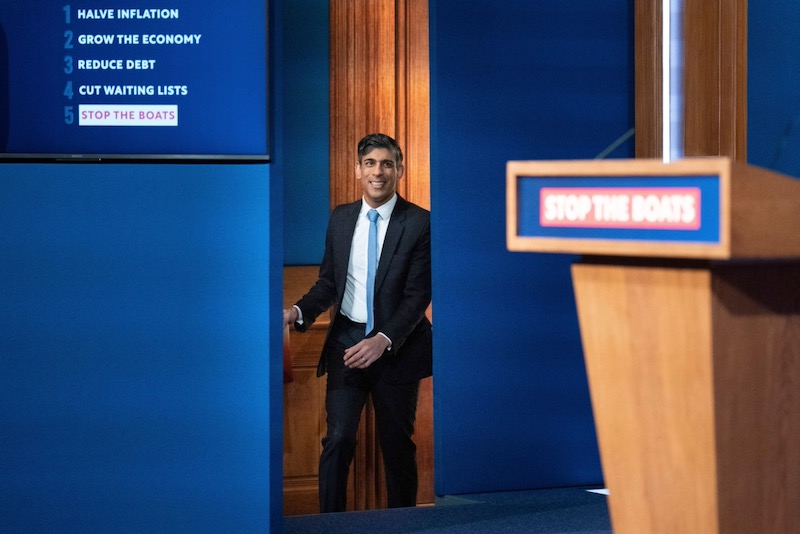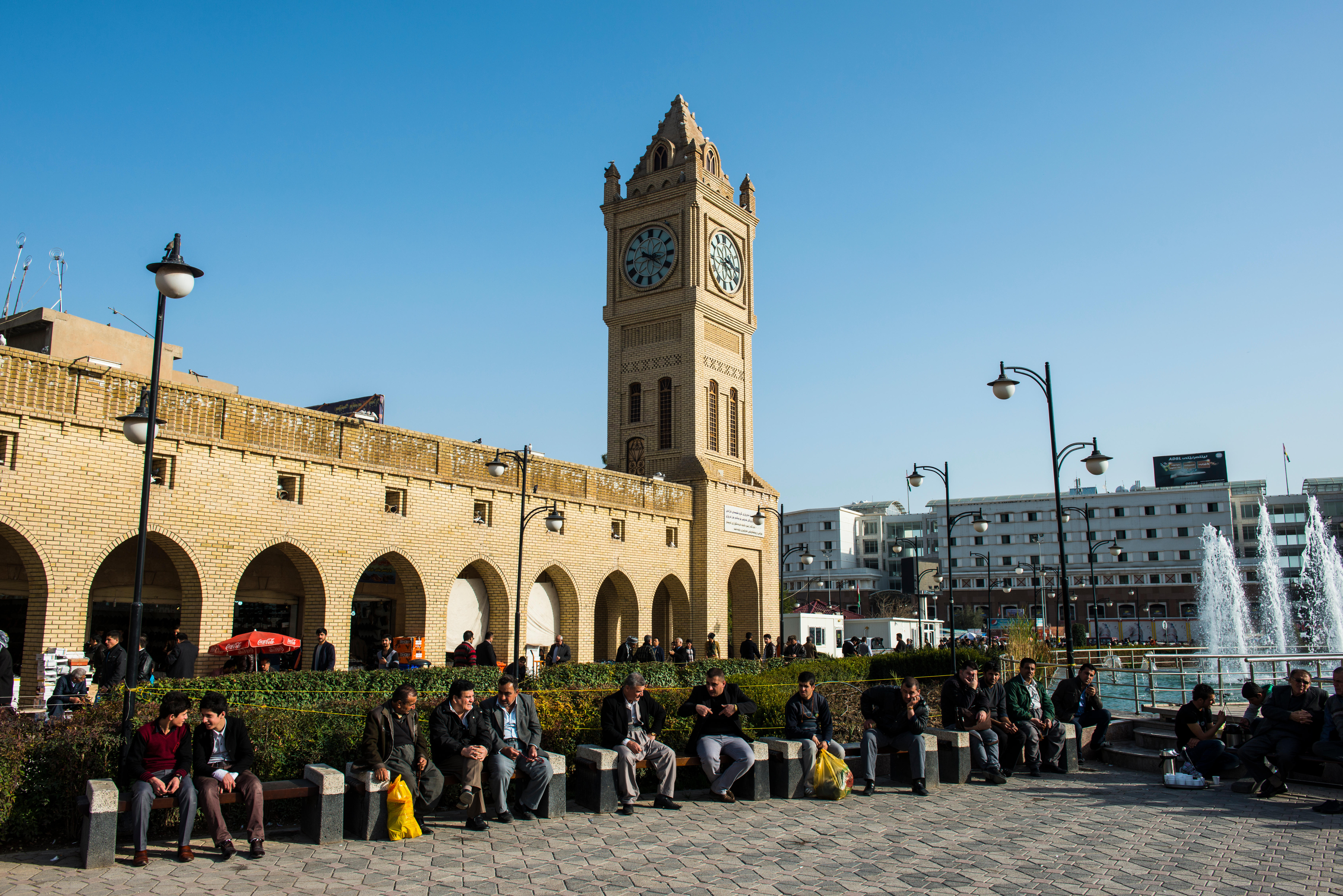I am sitting in the archbishop’s large and tidy garden in Ankawa, Erbil, Iraq. It is a garden with a memory.
In 2014, when ISIS crashed into Mosul and towards the Nineveh plain thousands of families fled Northwards. Arriving in Erbil they encountered an Archbishop, Bashar Matti Warda, who decreed that this garden, his Diocese’s churches, his Cathedral, should be opened to these refugees. Sanctuary had been confirmed and as genocide raged further South – wiping out 10,000 members of the Yazidi religious sect among others – Caritas, Missio, and Germany’s Misereor offered assistance. A decade later though, as we survey the garden’s tranquil scene, needs have changed, and international attention spans shifted.
In the ever-dynamic Middle East today, refugees and displaced families arrive from Syria. The other evening, I met one woman who had fled after the murder of her husband. Without papers to progress further she lived in a room, among many refugees filled rooms, above a terrace of shops. Her young daughter was clearly vulnerable while her son had no access to school. Without the local language work too was hard and only support from the Archdiocese was keeping the household afloat. In another home a woman, whose cancer had been identified by scanners funded by the UK charity with close links to Westminster Abbey, Embrace the Middle East, spoke of how her cancer treatment was being provided at nil cost by the Archdiocese’s nearby hospital.
Archbishop Warda’s community, Chaldean Catholics, whose liturgy is celebrated in Aramaic, has been under huge pressure. When George Bush and Tony Blair’s coalition arrived in the region in 2003 Iraqi Christians numbered close to 2 million while today this oppressed minority numbers 250,000. The conflict around Saddam’s fall drove some out while ISIS added to that surge. The discrimination today is more subtle than ISIS’s cruelty, worked out instead through the everyday habits of job giving, money taking, land disputing, legal blurring, property taking that has emerged in its stead. But the Archbishop is full of hope.
The hospital is part of an ecosystem of pastoral support and social innovation that has been developed over the last decade. Between the hospital, a network of schools, a humanitarian agency, and other institutions the Archdiocese has created close to a thousand jobs with as many again no doubt reliant on those institution’s supply chains. Central to this ecosystem is the Catholic University of Erbil which not only provides a platform of empowerment to local Christians but also plays a crucial role in modelling to the region how those from every minority may study, work, and build friendship together. Debating with student groups they tell me this directly and, in turn, celebrate the fact that several – from every background - are in receipt of Pope Francis Scholarships provided by Aid to the Church in Need. The Knights of St Columbus are playing an important supporting role too and as the university got off the ground the Italian Bishops provided strategically important start-up funding. With faculty we explore curriculum ideas and the university’s President points me in the direction of research that he’d undertaken with the London School of Economics and London School of Tropical Medicine. As if to validate the depth of the home - grown talent pool committed to stay locally and build shared futures I meet Dominican Sisters and Friars with Oxford, Notre Dame and Paris PhDs and hyper-talented younger lay leaders working in NGOs, tech, research, and business.
Intertwined not only with the West’s waxing and waning interest in Iraq, Erbil is also impacted by the US political turn towards Ukraine, and Europe’s in the direction of Gaza. Still perched amid international dynamics the region’s ongoing significance is confirmed by the proximity of Turkey, local incursions from Iran and tensions between the region of Kurdistan and the Federal government in Baghdad. On my first night 13 Iranian inter-continental ballistic missiles fell on the outskirts of town (meaning funerals later in the week).
Meanwhile, for those of a theological turn of mind ancient hermitages carved out of rock, and the tomb of the Prophet Nahum, are physical markers of the long history that the Early Fathers, Syriac Christians, Judaism, Islam, and local deities share in these ancient lands.
These are people with dignity, agency, and skill. They also appreciate the solidarity of Britain, Europe, and the USA. Sitting quietly in the archbishop’s garden as it reveals its memories to me it is impossible not to help thinking that their position, contribution, potential ought to be more noisily understood and heard.
Francis Davis is an academic , writer, social entrepreneur, and public policy advisor.



 Loading ...
Loading ...
What do you think?
You can post as a subscriber user ...
User comments (0)